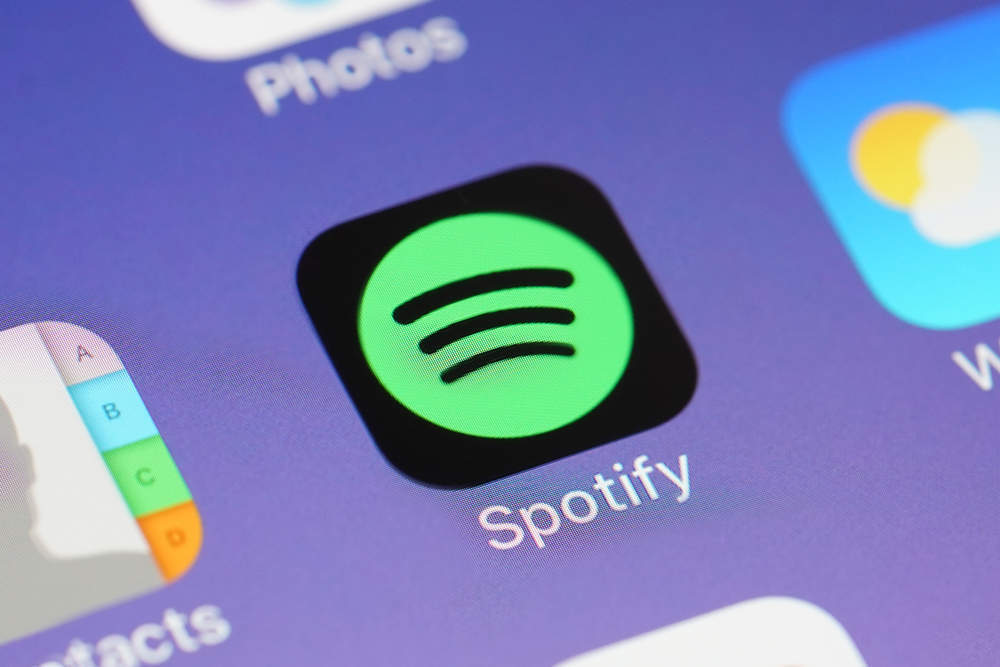
Music streaming company Spotify is making its debut as a publicly listed company on the New York Stock Exchange today, hoping to fund a move away from music and into other areas.
However, it’s doing it in an unusual – and possibly risky – way.
Instead of using investment bankers to conduct its initial public offering (IPO), Spotify will make its existing privately held shares available to trade.
This process will allow Spotify’s employees that own stock to avoid the typical restrictions that keep them from selling shares after a company goes public, as well as cut down the hefty fees that banks command for running the IPO.
The float is set to value Spotify at between $20 billion and $25 billion, though market watchers have raised concerns that Spotify is taking an unnecessary risk.
In its 12 years of operation Spotify has yet to make a profit.

US Tariffs are shifting - will you react or anticipate?
Don’t let policy changes catch you off guard. Stay proactive with real-time data and expert analysis.
By GlobalDataChris Beauchamp, market analyst at brokerage IG, told Verdict:
I think investors are right to be cautious, given the process by which the firm has listed.
If the prospects are so good, why not go the traditional route for IPOs? It worked for companies with far less promising prospectuses, so Spotify should have been fine.
The big question is whether investors think it sensible to buy when founders can move out so quickly.
According to Beauchamp, shareholders might be sensible to wait for the company’s next quarterly results before investing:
We’ll probably see further gains in the share price, since there should be enough appetite for more gains, and investors can now see that the financials do point to more growth ahead.
However, the market is now more discerning than it was a few years ago, so without some good quarterly results, the shares could struggle. It is not at all clear that growth can be maintained, and the shares may suffer a hit after the first set of numbers.
But while many could be discouraged by Spotify’s unconventional IPO, Michael Sobel, managing director at tech-focused investment bank Scenic said Spotify’s move poses a risk to banks.
Spotify will be a public company on its own terms. It’s a brave and smart move. I think the big banks should be more worried about the threat this poses to their IPO fees.
We’re seeing late-stage private companies change the way they look at the public markets: they’re staying private much longer, raising more money in the private markets and, as Spotify is showing, they’re now going public on their terms.
This is bigger than a single IPO, the late-stage private company landscape has fundamentally changed.
If Spotify’s Wall Street debut turns out to be successful, other private companies could be encouraged to follow its example.
According to George Parker, finance professor at Stanford University, however unpredictable, Spotify’s move has a solid chance to set a new trend.
He told Verdict:
What Spotify is doing has never been illegal, it has just been exceedingly uncommon. But Spotify is a high profile company and with its success, there will undoubtedly be those who follow.
If the price risk is not too great, the cost is clearly less than in an underwritten offering. How big the trend might become is too early to assess.
Parker also said that the risk of going public without a bank underwriter is minimal:
The story of the company is well known, so the sales effort can be proportionally less.
And, it has minimised its risk somewhat by having advisory contracts with the same banks that would have done a fixed price underwriting.







